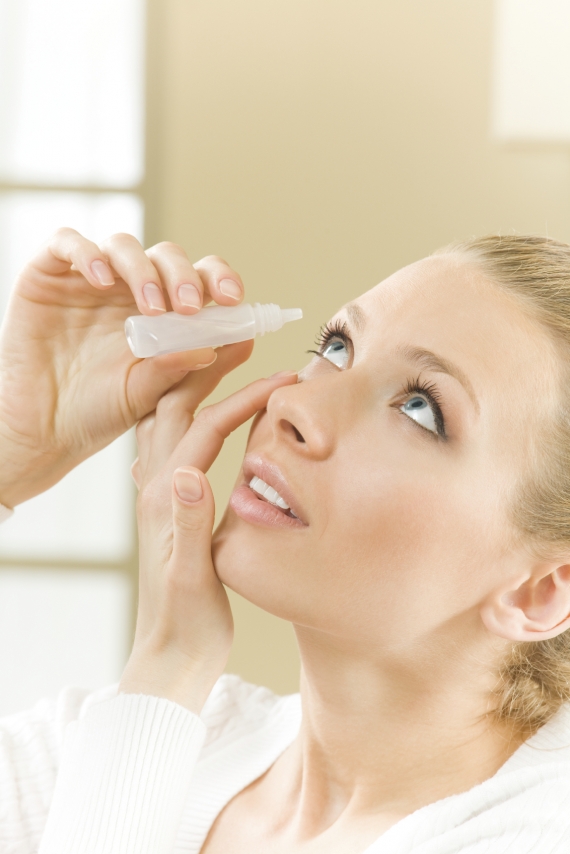Dry Eye Treatment
If your eyes often feel dry, itchy or scratchy, you may be suffering from dry eyes. To discuss the causes and possible treatments, get in touch with Elmquist Eye Group in Cape Coral or Fort Myers, Florida.

What Causes Dry Eye Syndrome?
Ordinarily, our eyes constantly lubricate themselves with tears. When those tears are produced at a slow, steady rate, they keep the eye moist, healthy and comfortable and protect them from irritants.
Sometimes, however, we don’t produce enough tears or the right quality of tears, and this causes burning, irritation, scratchiness, redness, and discomfort. This condition is called “dry eye syndrome.”
About 20% of the population experiences dry eyes, and it can be a chronic problem, especially in older adults. Possible causes include:
- Advancing age (tear production normally decreases with age and about 75% of people over age 65 suffer from dry eyes)
- Hormonal changes associated with pregnancy, birth control pills, or menopause
- Dry or windy environments, excessive sun exposure, air conditioning, cigarette smoke
- Certain medications, such as antihistamines, blood pressure medications, diuretics, antidepressants and pain medications
- Long-term contact lens use
- Eye surgeries that affect the cornea, such as laser vision correction
- Excessive computer use that inhibits blinking which keeps eyes moist
- Untreated or uncontrolled diabetes
- Autoimmune disorders, including lupus, rheumatoid arthritis, scleroderma, Graves’ disease and Sjögren’s Syndrome, which can damage the glands that produce tears
Treatment for Dry Eye Syndrome
Treatments for dry eyes may include artificial tears (eye drops) that help to lubricate the eyes and keep them moist. They are available without a prescription. There are other eye drops that require a prescription.
In more severe cases, your eye doctor may recommend autologous serum tears. These are drops that are formulated by extracting the serum in your blood. The components of these tears are natural and similar to those in your natural tears, so they are very safe to use.
Another method of dry eye treatment involves closing the ducts that drain tears out of the eye and into the nose. Temporarily or permanently blocking those ducts may conserve your own tears and reduce the need for artificial tears.
Dry eyes can occur at any age. Get in touch with Elmquist Eye Group at (239) 936-2020 for an evaluation and treatment if you are concerned you may have dry eye syndrome.
